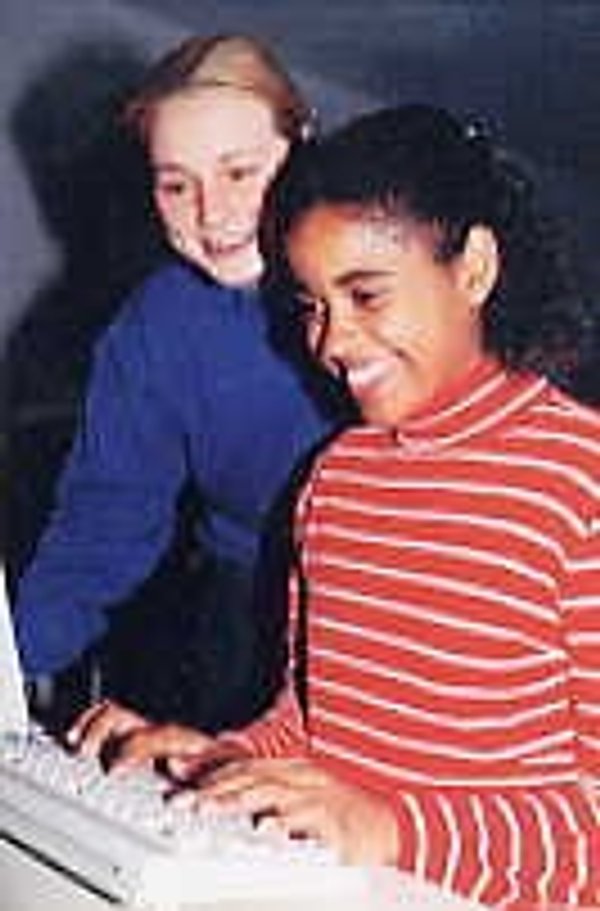In the midst of dirt roads and houses of the poor Morro Velho was born, a social project of the Women’s Association of Social and University Studies (AFESU, in Portuguese). It was inaugurated in 1969 with a school of arts and crafts as well as tailoring in Jardim Taboão, a village in the outskirts of the metropolis of São Paulo, a city where 20 million of Brazil’s 160 million people live.
In the first classes, students were taught how to make rugs of wool and rope. This kind of work aroused great interest among the women of the village, since it was a work they could do without neglecting the care of their young children. The sale of rugs helped families to finance the rent of their houses. Some 240 students specialized each year in the making of rugs and tapestries, and soon Morro Velho became a standard for decorators of São Paulo.
In its first 10 years, more than 2,500 mothers studied at the center. The range of activities was expanded with time, and the school began to focus on the professional formation of young women. Some businesses helped to finance material improvements in the center.
Presently around 300 students graduate each year from Morro Velho. Their education includes human, cultural and technical-professional formation, which encompasses the areas of information technology and languages, as well as secretarial training and hotel management. One strong point of Morro Velho is the personal attention given to each student, which makes her feel valued and appreciated. As one student, Kelciane Campos, observed, “Attending the course in hotel management has helped me grow several centimeters more as a person.”
To Be Better Citizens
Centro Social Morro Velho was born through the initiative of a group of persons following the teachings of Blessed Josemaría Escrivá, who visited Brazil in 1974 and saw the center as it first was. During his visit, he showed a great interest in the life and situation of the families of the village, as well as in the professional and Christian formation given at Morro Velho. When a group of students showed the founder of Opus Dei some of the work they were doing in Morro Velho, Blessed Josemaría told them, “You have the hands of a fairy.”
The families of the students also benefit from the services offered at Morro Velho. They have access to a food co-op program, a clothing bazaar and free medicines provided by a group of volunteers.
Centro Social Morro Velho – CSMV
Rua Pinto Serva, 67
Jardim Taboão - São Paulo – Brasil
05742-130
Tel.: 3743 1145
